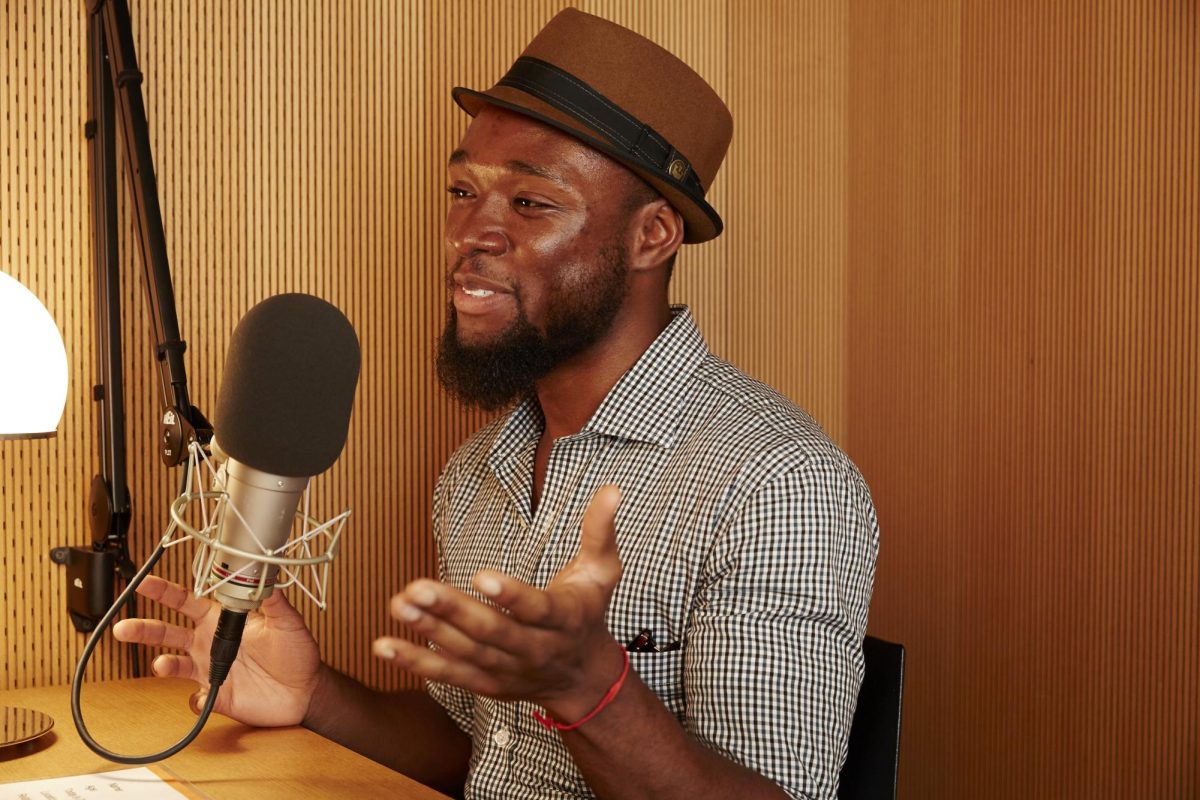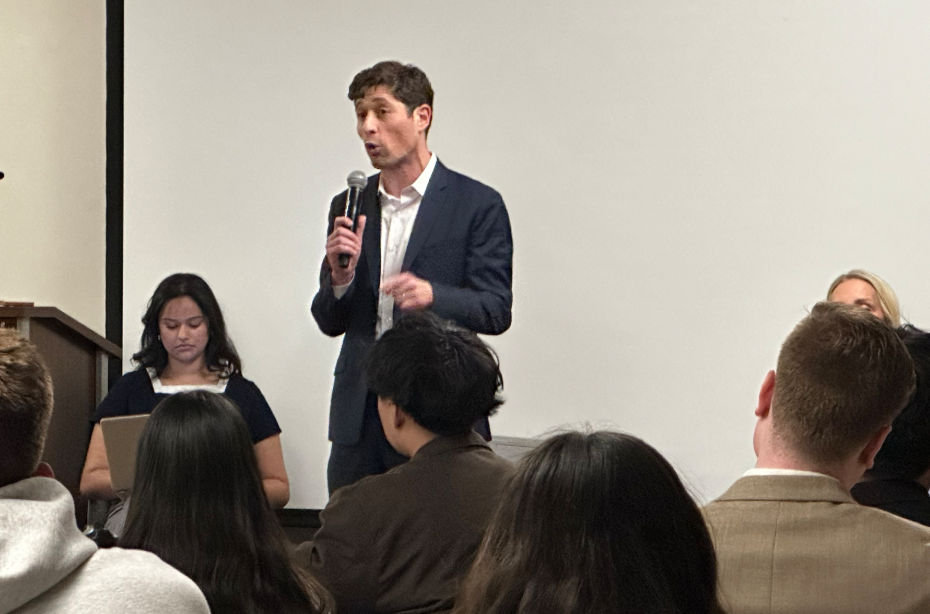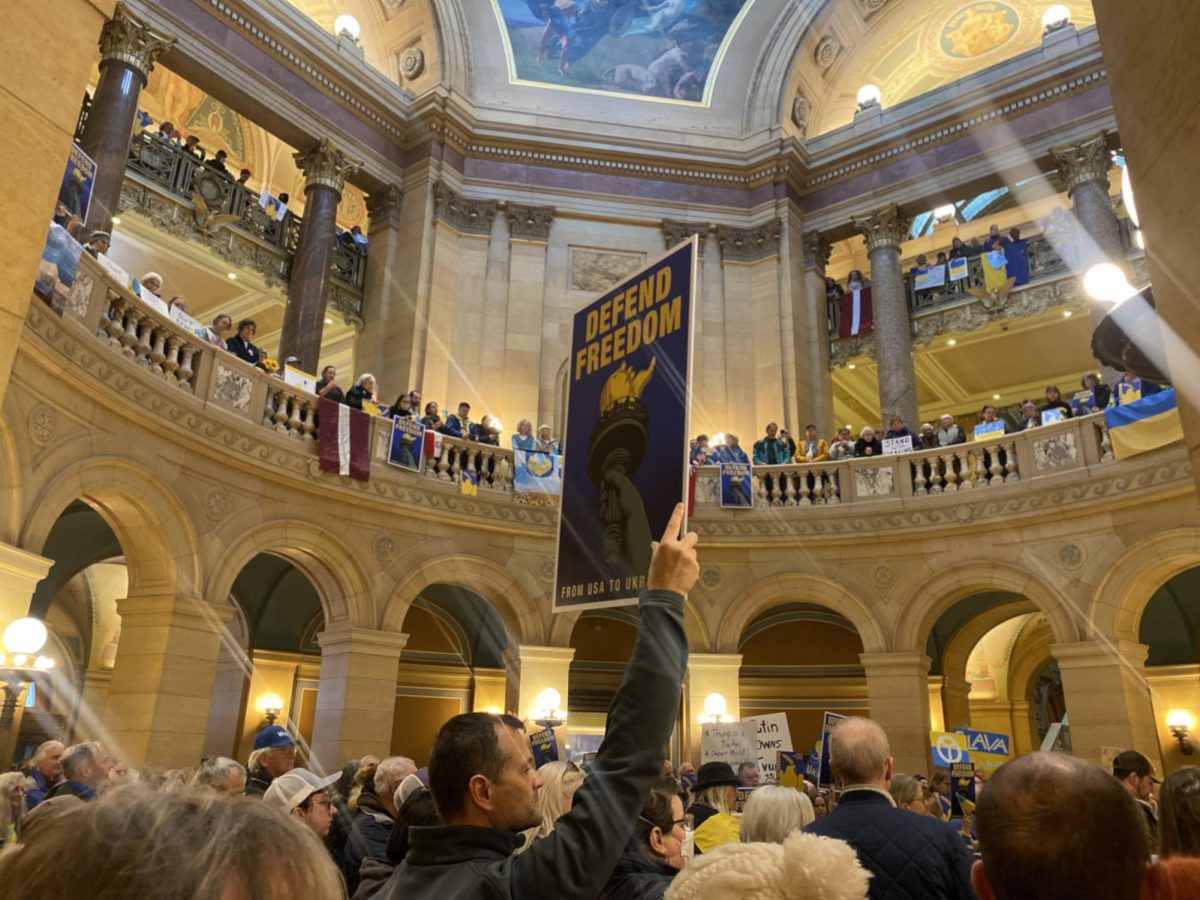Initially only a week-long, Black History Month was created to ensure Black history would not be forgotten.
Carter G. Woodson, a Black historian and founder of the Association for the Study of African American Life and History, was the first to push for a Black History Week, initially known as Negro History Week, after writing about the importance of remembering Black history, University of Minnesota history professor William Jones said.
“He talked about the importance of African-Americans knowing our own history and how important that was for sort of giving people a sense of belonging and a sense of community, but also for making Black history available to all Americans and making it, sort of an acknowledged part of American history,” Jones said.
Jones said Woodson believed there was a time when African-Americans were written out of U.S. history and wanted to designate a week in February to commemorate Black history. The week gained recognition in the first historically Black colleges and African-American newspapers.
“It wasn’t really until the 1960s and 1970s that, sort of, after Negro History Week was pretty well established within Black institutions in the 1960s and 70s, it gained recognition sort of outside Black institutions,” Jones said. “Since the mid-1970s, presidents started to acknowledge first Black History Week, and then Black History Month.”
The expansion from a week to a month came from the push to institutionalize teaching Black history around the 1970s.
At the University, students occupied Morrill Hall as part of the Civil Rights Movement, spurring the establishment of the African American and African Studies Department, the Department of American Studies and the Martin Luther King Jr. Program.
Co-Founder of the Minnesota African American Heritage Museum and Gallery Coventry Cowens said continuing to learn about Black History is important because it is American history.
“African-Americans have been here since the beginning, the founding of America,” Cowens said. “We’re part of the fabric. It’s good for our children, to all children, to know that all people that they see participated in the growth of the United States.”
It is unknown why February is Black History Month, but Jones said the month coinciding with former President Abraham Lincoln and abolitionist Frederick Douglass’ birthdays may have been a factor.
Ayokanmi Bobas, co-vice president of the Black Student Union at the University, said there are pros and cons to Black History Month.
“I love the idea of a month where we can highlight the Black community, highlight our efforts we’ve done, get the appreciation we deserve,” Bobas said. “At the same time, I don’t like the idea of pushing it all into just one month of advocacy efforts and leaving the rest of the year just like pushed to the side.”
Regardless, Jones said Black History Month continues to show its importance with the current presidential administration rolling back Black History Month celebrations and several online calendars removing it.
“The whole purpose was to call attention to an aspect of American history that’s been overlooked and ignored, and the idea that that would be something that is objectionable is, and seen as, you know, not in line with the policies of the federal government, is a strange development,” Jones said.















KG
Feb 23, 2025 at 6:31 am
Since it’s Black History Month, it is worthy to remember that Jews played an instrumental role in advancing Afro-American civil rights in America, particularly during the 20th century. Jews’ involvement spanned activism, legal advocacy, philanthropy, and direct participation in pivotal events of the Civil Rights Movement.
It would be a mistake to distinguish between White and Black in the segregated South without giving attention to nuance. Historically, Jewish merchants in the South treated Black customers with dignity, addressing them as “Mr.” and “Mrs.” and allowing them to try on clothing, a rare practice in the era of segregation. Notable Southern Jews like Louis Isaac Jaffe took bold stands, with Jaffe winning a Pulitzer Prize for his anti-lynching editorials. Julius Rosenwald of Chicago funded, from his own pocket, thousands of schools and colleges for Black students, especially in the South. It’s also worth remembering that in the 1930s, many Jewish intellectuals fleeing Europe after the rise of Hitler and anti-Jewish legislation in prewar Nazi Germany immigrated to the United States and found work teaching in black schools and historically black colleges and universities (HBCU).
During the Civil Rights Movement, Jewish activists comprised half the volunteers in the 1964 Mississippi Freedom Summer and about 90% of civil rights lawyers in the South. Rabbi Abraham Joshua Heschel, an ardent Zionist, famously marched alongside Rev. Dr. Martin Luther King Jr. in Selma. Jewish activists Michael Schwerner and Andrew Goodman were murdered by the Ku Klux Klan while registering Black voters in Mississippi. Jewish legal expertise also contributed significantly, with Jewish agencies drafting parts of landmark legislation like the Civil Rights Act of 1964 and the Voting Rights Act of 1965.
The Afro-American and American Jewish communities have a lot in common and were once good friends. I would like to think that we still are. We have a lot in common. Teaching about their *positive intersection* would contribute, I think, to greater understanding and toleration on the UMN campus, especially in the light of the October 7, 2023 massacre of Israelis by Hamas terrorists and its aftermath. And it is a worthy subject to include in the Afro-American studies curriculum on a regular basis.